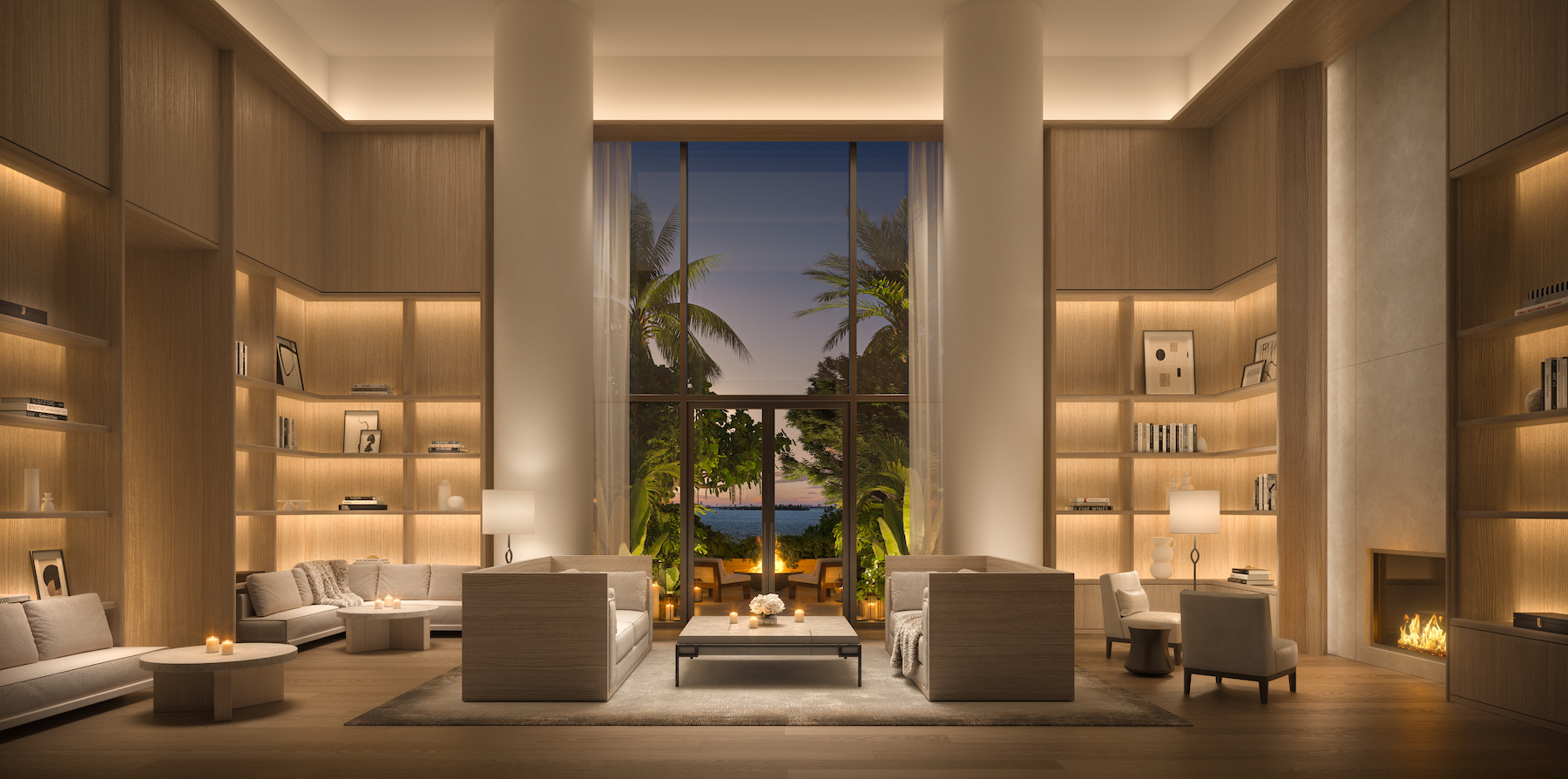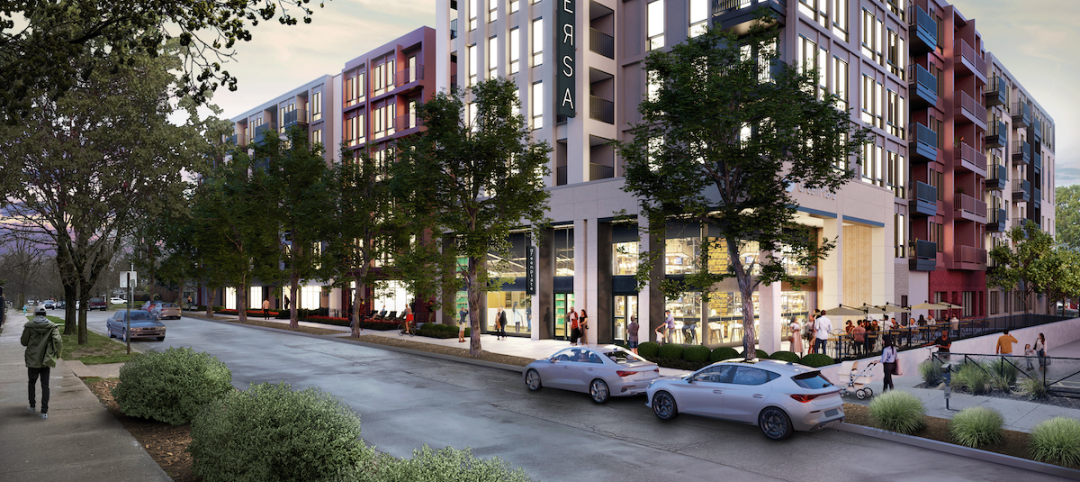The line separating hospitality and residential living keeps getting thinner. Multifamily developers are attracting renters and owners to their properties with hotel-like amenities and services. Post-COVID, more business travelers are building in extra days to their trips for leisure. Buildings that mix hotel rooms with for-sale or rental apartments are increasingly common.
The estimated value of “blended travel” reached nearly $500 billion in 2022, according to Future Market Insights and the Global Business Travel Association. Luxury hotel chains like Four Seasons, Waldorf Astoria, and Mandarin Oriental now operate branded private residences in several metros. Last November, Marriott International, the world’s largest hotel chain, launched a new extended-stay brand, The Apartments by Marriott Bonvoy, the hotelier’s first foray into that luxury arena in the U.S. and Canada. The apartments offer one or three bedrooms, with a full kitchen, in-unit laundry appliances, and weekly housekeeping services.
That brand extension puts Marriott more directly into competition with Placemakr, the flexible-use multifamily and hospitality property operator and investor. Last May, Placemakr initiated its first luxury condo-hotel project in partnership with CA South Development, a Nashville-based developer. Placemakr will act as both property manager and hospitality operator for Hyve, CA South’s midrise condo development in Nashville’s Pietown neighborhood that offers 83 short-term rental-eligible units, meaning that condo owners can Airbnb their homes when not using them.
The Wall Street Journal last May quoted Savills PLC, the global property advisor and agent, which estimated that from 2010 there’d been an increase of branded residences to 38,900 units across more than 200 developments in the U.S. A Savills director, Rico Picenoni, told the Journal that 80% of branded residences are affiliated, and often collocated with, a hotel.
Taking condos to a higher level
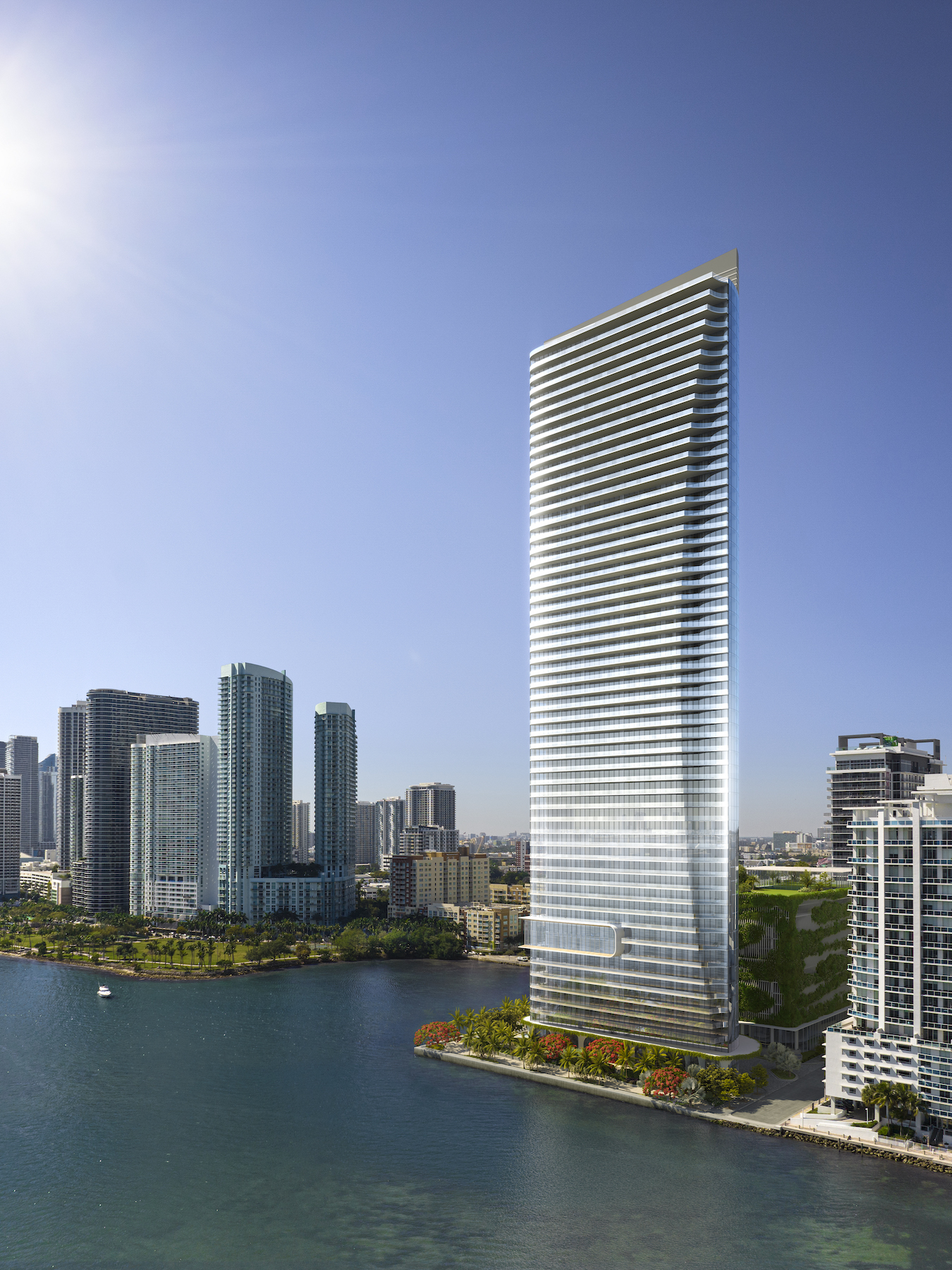
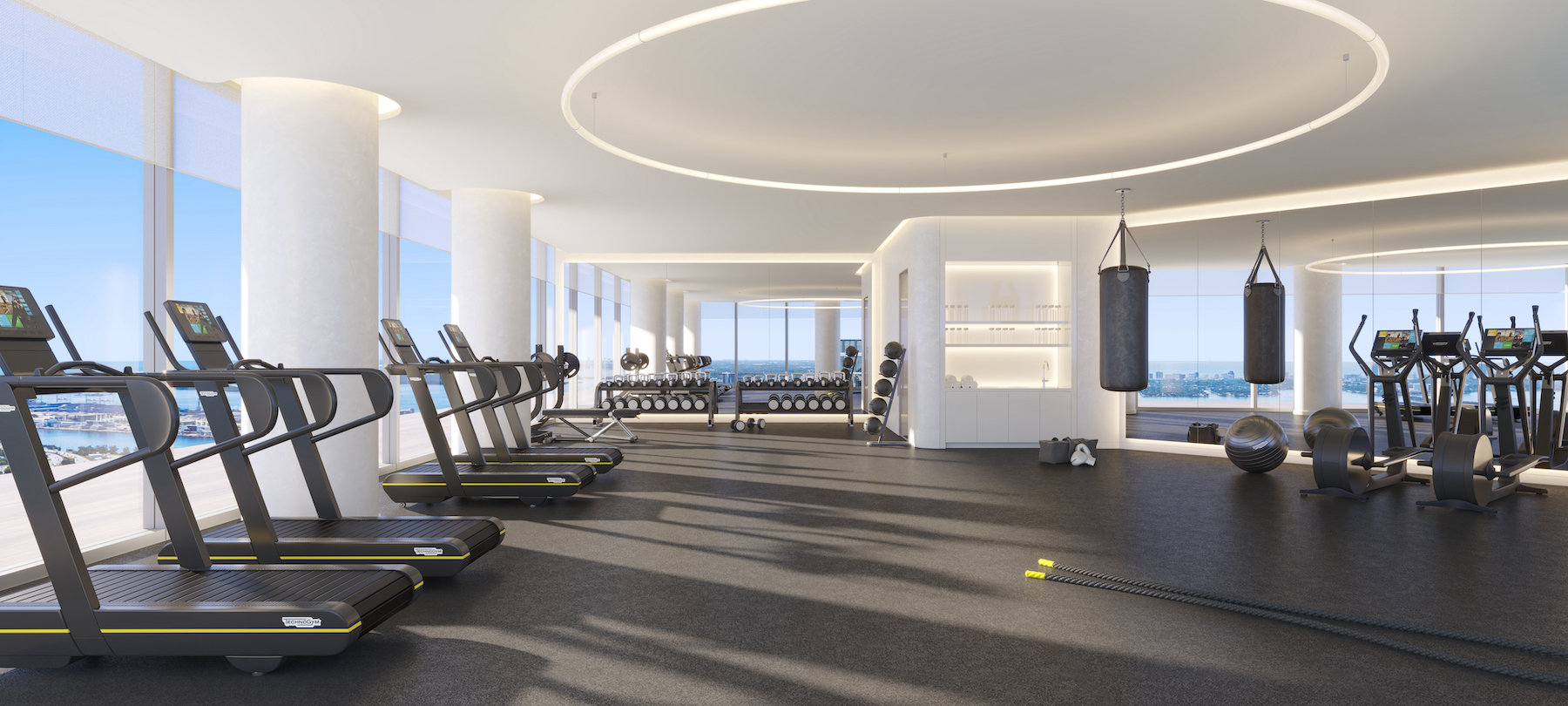
Two Roads Development, based in West Palm Beach, Fla., is among the firms circling this commercial-residential property subsector for opportunities, says Brad Meltzer, its Partner and President. Meltzer joined Two Roads Development a year ago from Plaza Construction, where he was chairman and CEO, and had worked with Two Roads to build several luxury condo projects that included the 52-story 391-unit Biscayne Beach in Miami.
Meltzer says that Two Roads got interested in branded residences as a way of “taking high-end condos to the next level.” These projects, he explains, have a “hospitality flavor” that’s “almost like living in a hotel” with deluxe amenities and guest-like services.
To date, Two Roads has successfully launched three branded residential projects:
•EDITION Residences in Miami, a 600-ft-tall, 58-story tower with 185 condos. EDITION is a Marriott brand, and this will be its first tower in Florida that’s condos-only. Arquitectonica is the architect. The project requires the demolition of an existing building and should be completed in four years, says Meltzer.
•Pendry Residences in Tampa Bay, a 38-story tower with 207 luxury condos and a 220-key five-star hotel, that’s scheduled for completion in 2027. Pendry is the hotel banner for Montage International, and Tampa is the latest of several cities to land Pendry-branded residences, including West Hollywood, Calif., Park City, Utah, and Somerset County, N.J. Toronto-based Studio Munge is the interior designer for the EDITION and Pendry projects.
•Meltzer also confirms that Two Roads is part of the development team that includes Four Seasons Hotels & Resorts, Luxus Development, and Azure Resorts & Hotels on a $1 billion branded condominium project in Henderson, Nev., called Four Seasons Private Residences Las Vegas, with 171 condos in two towers and six standalone villas. “This has the potential to be North America’s flagship project for us given its profile,” Paul White, senior vice president of residential development of Four Seasons Hotels and Resorts, told the Las Vegas Review-Journal newspaper last May.
Vertical construction was set to begin next month, within completion scheduled for early 2026.
Interest in branded residences expands
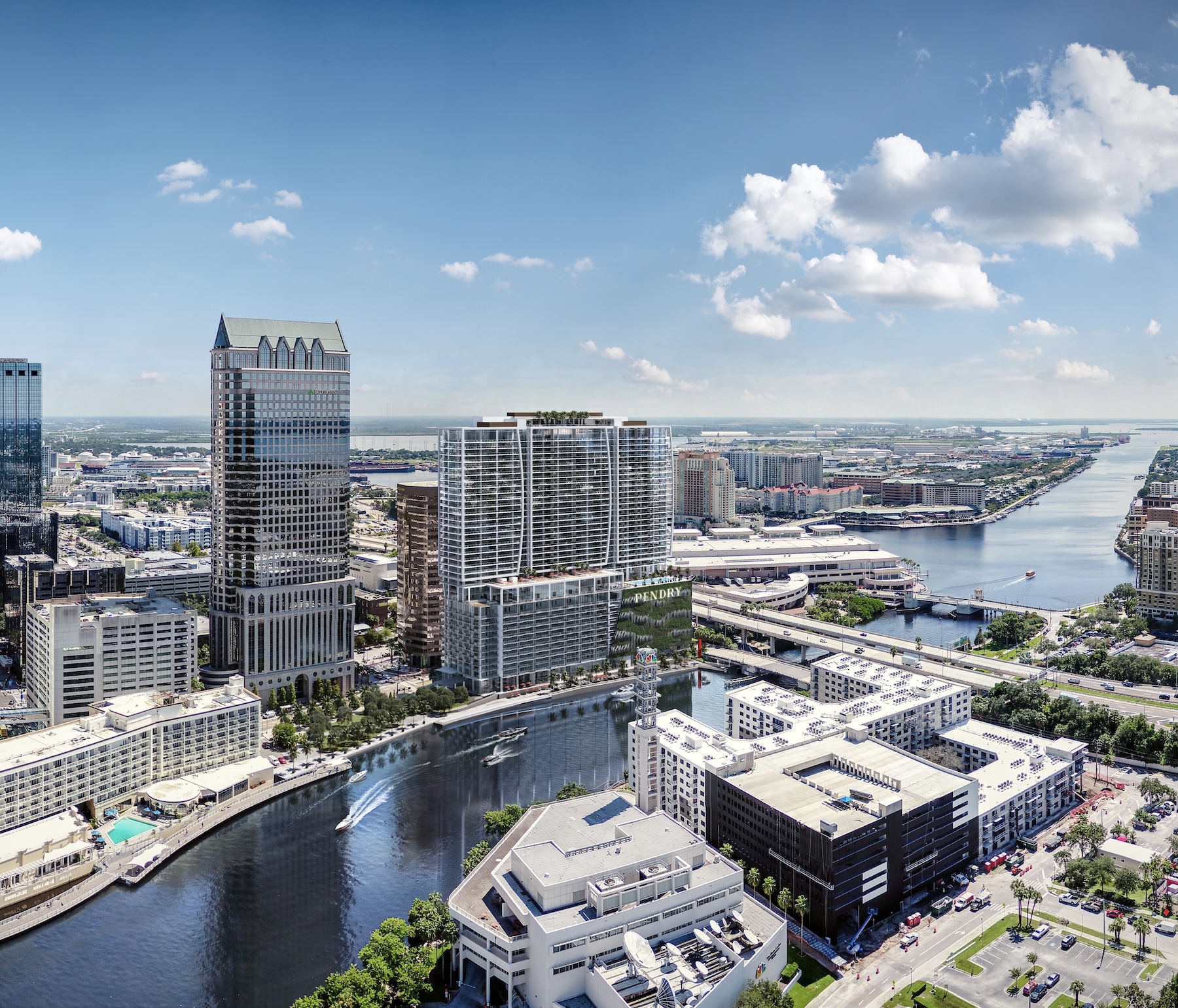
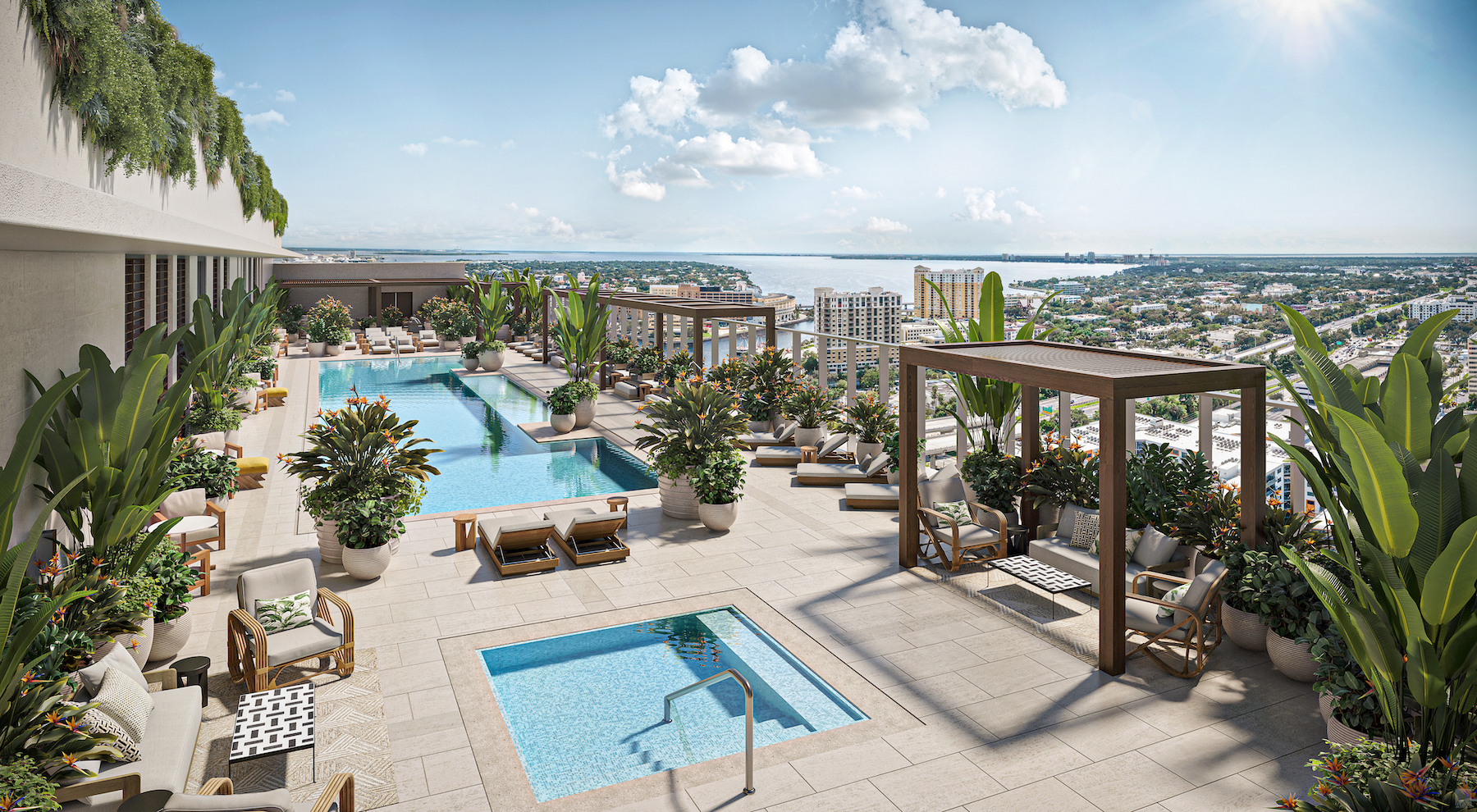
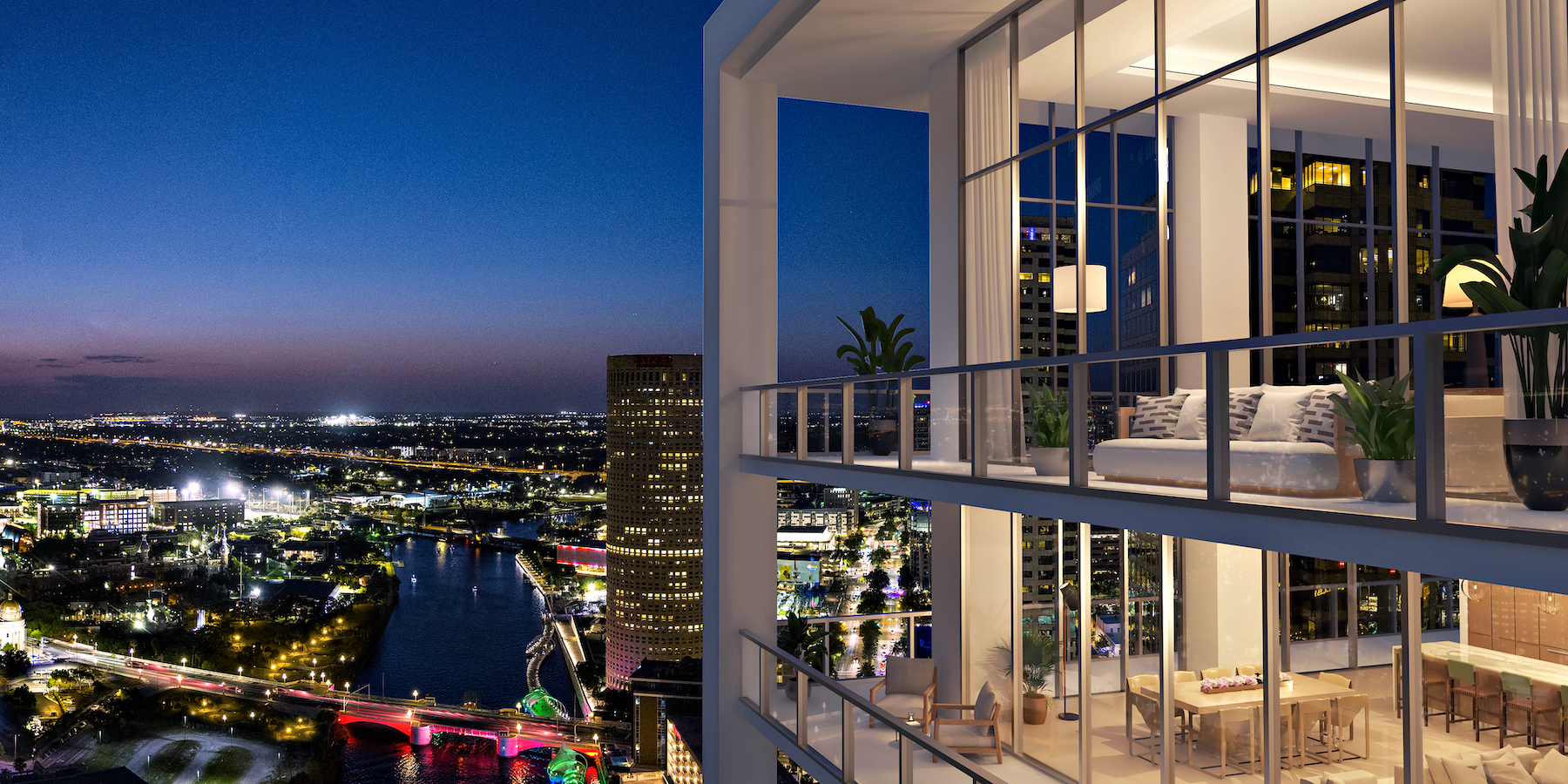
Meltzer says that branded residential projects require “another level of coordination” because, he explains, each hotel brand has its own standards when it comes to such things as design criteria and even staff training. On the other hand, many of the hotel brands his firm deals with are international, and bring with them “a great value added to the table,” says Meltzer, in terms of new ideas for design, construction, customer service, and operations.
Indeed, Two Roads Development wants to pursue more branded residential projects, both domestic and in other countries. Meltzer didn’t sound overly concerned that the branded residence trend might cool because of contentiousness between some hotel and condo owners.
The Real Deal recently reported on a lawsuit between condo owners at the 580-unit Carillon Miami Wellness Resort in Miami Beach, Fla., and Z Capital Group, which has owned the hotel and the amenities in that complex since 2015. At issue was how much control Z Capital could exert on condo owners over such things as maintenance and amenities assessments, and common areas. Last January, a Miami judge sided with the condo owners and wrote that Z Capital’s level of control amounted to “overreach.” As of mid-June, the court had yet to specify what portions of the Carillon condo owners can control. But The Real Deal noted that this wasn’t the only lawsuit pitting condo and hotel owners over control of properties and fees levied.
Meltzer suggests such disagreements were unlikely to sour hotel operators or developers on the branded residences. After all, he notes, the trend has picked up steam despite increases in construction insurance premiums, interest rates, and the cost of labor and materials.
Related Stories
Multifamily Housing | Jun 15, 2023
Alliance of Pittsburgh building owners slashes carbon emissions by 45%
The Pittsburgh 2030 District, an alliance of property owners in the Pittsburgh area, says that it has reduced carbon emissions by 44.8% below baseline. Begun in 2012 under the guidance of the Green Building Alliance (GBA), the Pittsburgh 2030 District encompasses more than 86 million sf of space within 556 buildings.
Industry Research | Jun 15, 2023
Exurbs and emerging suburbs having fastest population growth, says Cushman & Wakefield
Recently released county and metro-level population growth data by the U.S. Census Bureau shows that the fastest growing areas are found in exurbs and emerging suburbs.
Engineers | Jun 14, 2023
The high cost of low maintenance
Walter P Moore’s Javier Balma, PhD, PE, SE, and Webb Wright, PE, identify the primary causes of engineering failures, define proactive versus reactive maintenance, recognize the reasons for deferred maintenance, and identify the financial and safety risks related to deferred maintenance.
Mixed-Use | Jun 12, 2023
Goettsch Partners completes its largest China project to date: a mixed-used, five-tower complex
Chicago-based global architecture firm Goettsch Partners (GP) recently announced the completion of its largest project in China to date: the China Resources Qianhai Center, a mixed-use complex in the Qianhai district of Shenzhen. Developed by CR Land, the project includes five towers totaling almost 472,000 square meters (4.6 million sf).
Mixed-Use | Jun 6, 2023
Public-private partnerships crucial to central business district revitalization
Central Business Districts are under pressure to keep themselves relevant as they face competition from new, vibrant mixed-use neighborhoods emerging across the world’s largest cities.
Multifamily Housing | Jun 6, 2023
Minnesota expected to adopt building code that would cut energy use by 80%
Minnesota Gov. Tim Walz is expected to soon sign a bill that would change the state’s commercial building code so that new structures would use 80% less energy when compared to a 2004 baseline standard. The legislation aims for full implementation of the new code by 2036.
Student Housing | Jun 5, 2023
The power of student engagement: How on-campus student housing can increase enrollment
Studies have confirmed that students are more likely to graduate when they live on campus, particularly when the on-campus experience encourages student learning and engagement, writes Design Collaborative's Nathan Woods, AIA.
Multifamily Housing | Jun 1, 2023
Income-based electric bills spark debate on whether they would harm or hurt EV and heat pump adoption
Starting in 2024, the electric bills of most Californians could be based not only on how much power they use, but also on how much money they make. Those who have higher incomes would pay more; those with lower incomes would see their electric bills decline - a concept known as income-based electric bills.
Multifamily Housing | May 30, 2023
Boston’s new stretch code requires new multifamily structures to meet Passive House building requirements
Phius certifications are expected to become more common as states and cities boost green building standards. The City of Boston recently adopted Massachusetts’s so-called opt-in building code, a set of sustainability standards that goes beyond the standard state code.
Multifamily Housing | May 30, 2023
Milhaus, Gershman Partners, and Citimark close on $70 million multifamily development in Indy
Versa will bring 233 studio and one- and two-bedroom apartments to Indianapolis's $271 million, Class-A Broad Ripple Village development enterprise.


